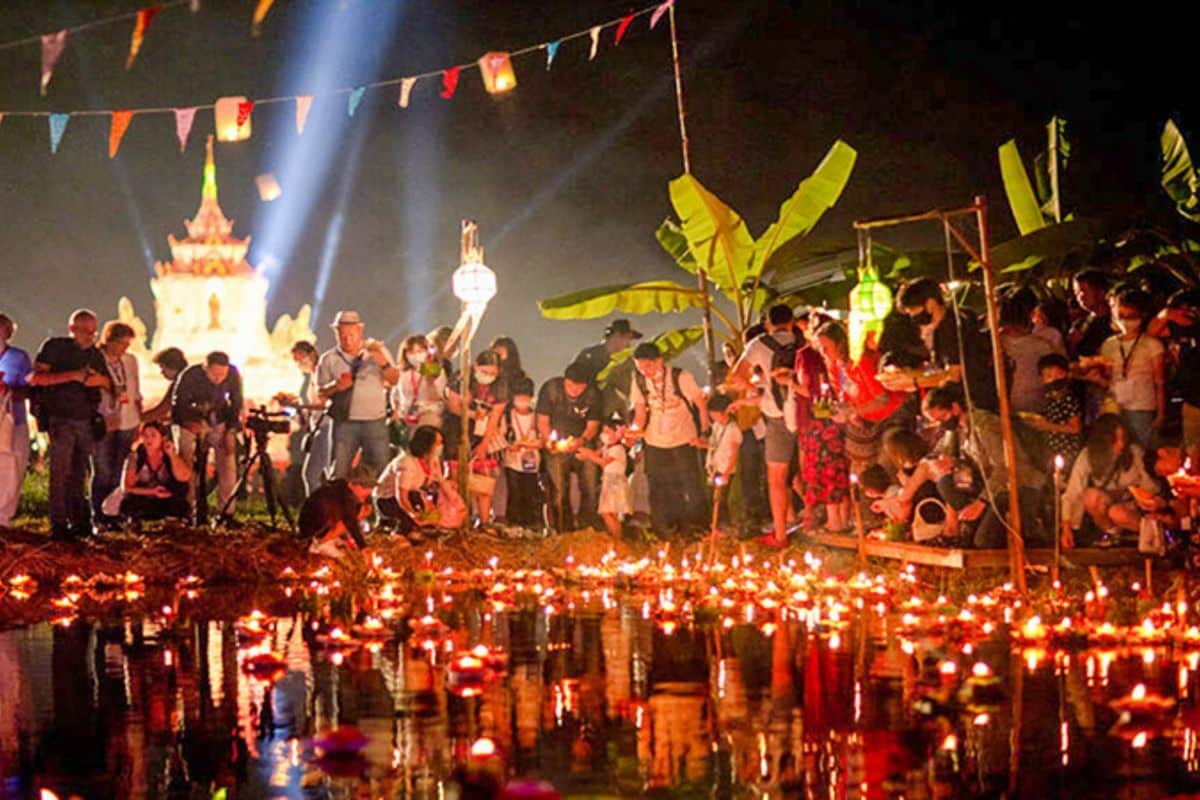Thailand seeks UNESCO status for Loy Krathong festival

Thailand is set to propose the inclusion of the Loy Krathong festival in the Intangible Cultural Heritage list of the United Nations Educational, Scientific and Cultural Organisation (UNESCO). The decision was made during a Cabinet meeting on Thursday, as announced by Culture Minister Sudawan Wangsuphakijkosol.
The Loy Krathong festival was officially declared a national cultural heritage in 2011. Minister Sudawan highlighted that this nomination is vital for boosting Thailand’s soft power, aligning with governmental strategies to promote festivals that showcase the country’s cultural significance. Such recognition aims to position Thailand as a leading tourist destination globally.

Thailand currently has six cultural elements under Unesco’s Convention for the Safeguarding of the Intangible Cultural Heritage. These include the Khon masked dance (2018), traditional Thai massage (2019), Nora dance (2021), Songkran Festival (2023), Tom Yum Kung (2024), and Kebaya (2024, in partnership with Brunei Darussalam, Indonesia, Malaysia, and Singapore).

Additionally, the Cabinet has endorsed the second phase of the National Cultural Master Plan (2023–2027). This strategic framework is intended to preserve and promote Thailand’s cultural values, supporting sustainable development and economic growth in line with sufficiency economy principles. The goal is for Thailand to achieve developed country status by 2030.
The plan outlines five strategic focuses: strengthening national institutions, fostering ethics and cultural values, enhancing cultural environments, increasing the economic value of cultural assets, and improving management efficiency in culture, reported Bangkok Post.
Moreover, approval was granted for a new Film Act draft, proposed by the Department of Cultural Promotion. This act will replace the Film and Video Act 2008. It aims to reduce regulatory constraints on the Thai film industry, encourage international film productions, and support sector growth. Notable amendments include a self-certification system for filmmakers and a transition from a licensing to a notification-based process.
In similar news, Chiang Mai, the historic gem of northern Thailand and former capital of the Lanna Kingdom, is on the verge of being named a UNESCO World Heritage Site. Officials from the Culture Ministry, Fine Arts Department, and Chiang Mai Province are finalising a nomination dossier for submission to the UNESCO World Heritage Centre in Paris.
Latest Thailand News
Follow The Thaiger on Google News:


























